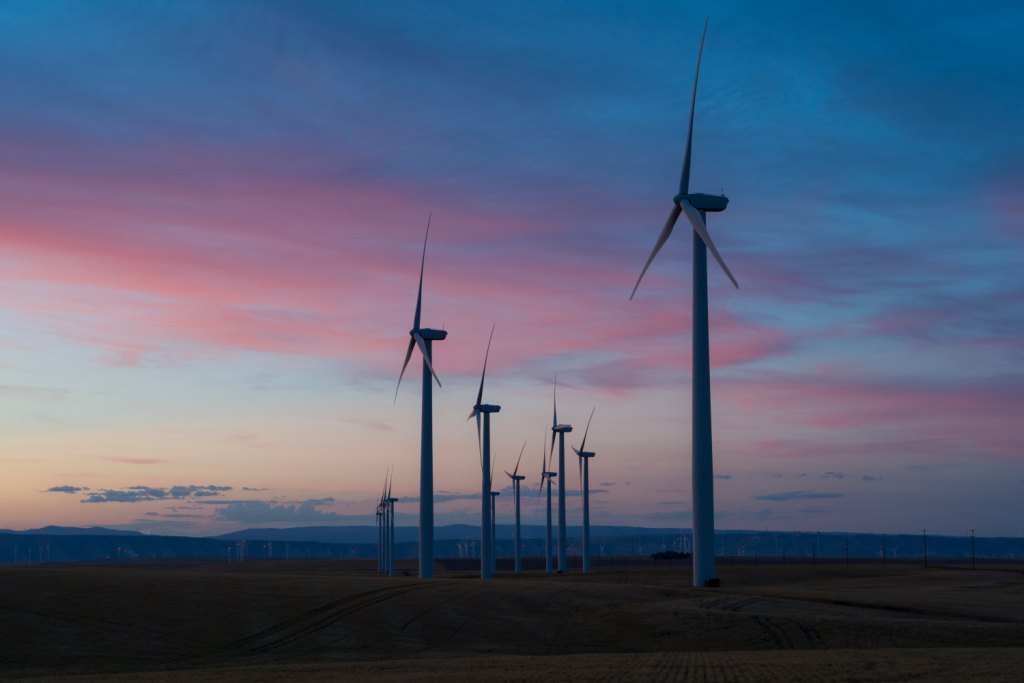Energy consumption and air pollution are inexorably linked in today’s fossil-dominated world. This nexus is hard to break, though not impossible. For all those who’ve breathed in Delhi air during winters, it may not come as a surprise that health impacts of air pollution are significant. In fact, air pollution led to ~1·24 million deaths in India in 2017, making it #3 risk factor for deaths and disability combined, ahead of high blood pressure, tobacco and alcohol use. It is a public health emergency, and no longer an issue India can afford to postpone action on.
Shruti Mahajan Deorah
Shruti Mahajan Deorah
Shruti (Dual Deg.’03 EE, H10) is currently a Scientist at Lawrence Berkeley National Lab, Berkeley, CA. She researches enabling policies for clean energy transition in India. She also manages Executive Education Programs on Energy for Goldman School of Public Policy, UC Berkeley. Previously, she worked at Central Electricity Regulatory Commission (CERC) in New Delhi, India, where she focused on regulatory work for sustainable development of renewable power in the country. She is a happy mom of two, and when not moving across continents, likes to travel and dabble in photography.
There is a brick wall between careers in the corporate and government worlds in India. Besides the IAS bridge, my peer group did not think of crossing thiswall. It raised a few eyebrows when I joined the Central Electricity Regulatory Commission (CERC) as a consultant for Renewable Energy (RE) in May 2015. Reactions from friends varied from disbelief to wonderment. Here I was with family, moving from Berkeley to New Delhi to help lay the foundation of a sector with the audacious goal to reach ‘175 GW of renewable capacity by 2022’.
“Why is it so hard for our government to move the needle?” was a big question that drove me to the ‘other side’. I was particularly intrigued by the power sector. Even after 65+ years of independence and decades of government programs, ~300 million Indians did not have access to electricity in 2014 [1]. In fact, India saw the largest grid failure in the history of mankind in 2012 [2]. Is it sheer lack of capacity or willingness, is it corruption or is there more? In this article, I share the answers that I have found so far.

